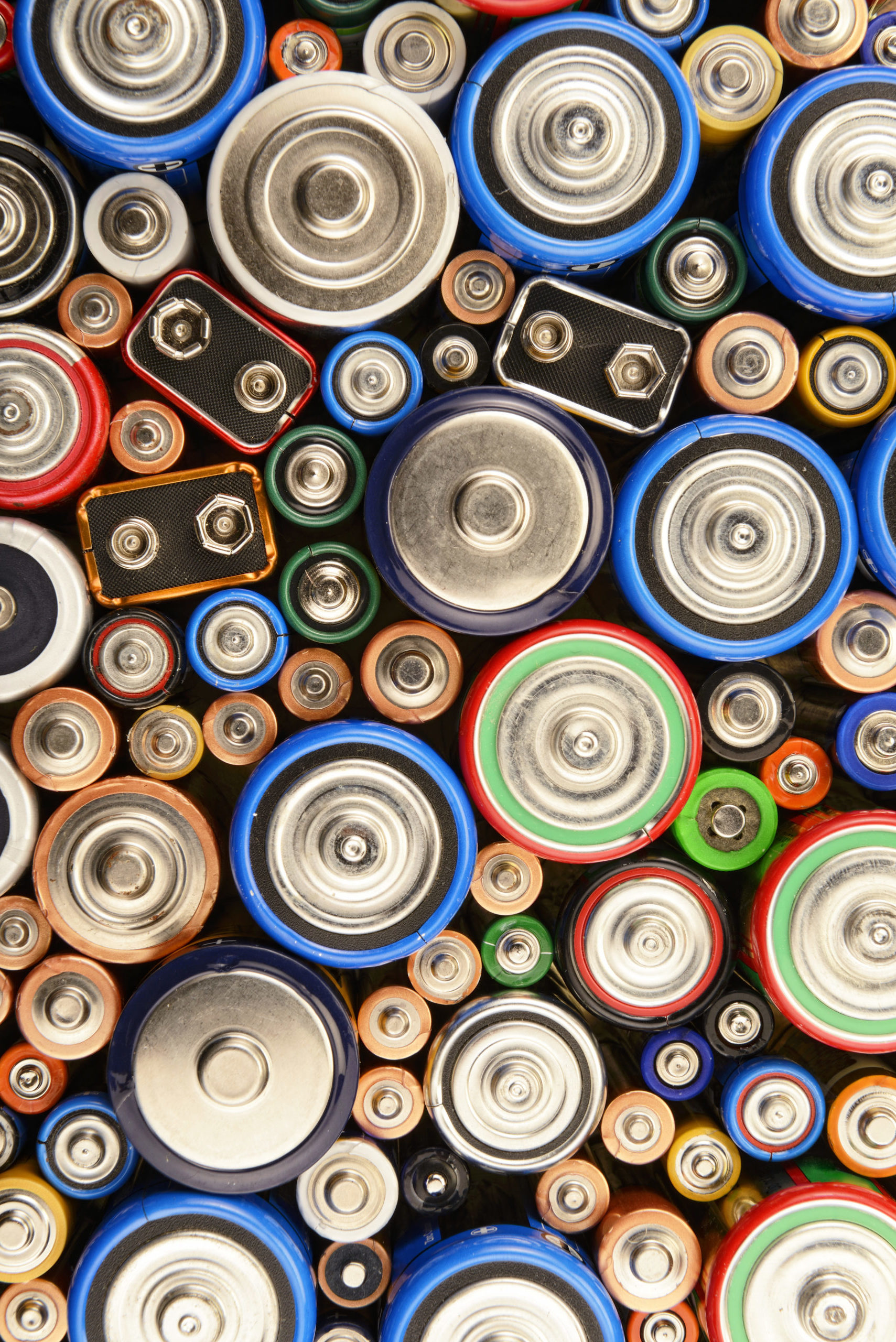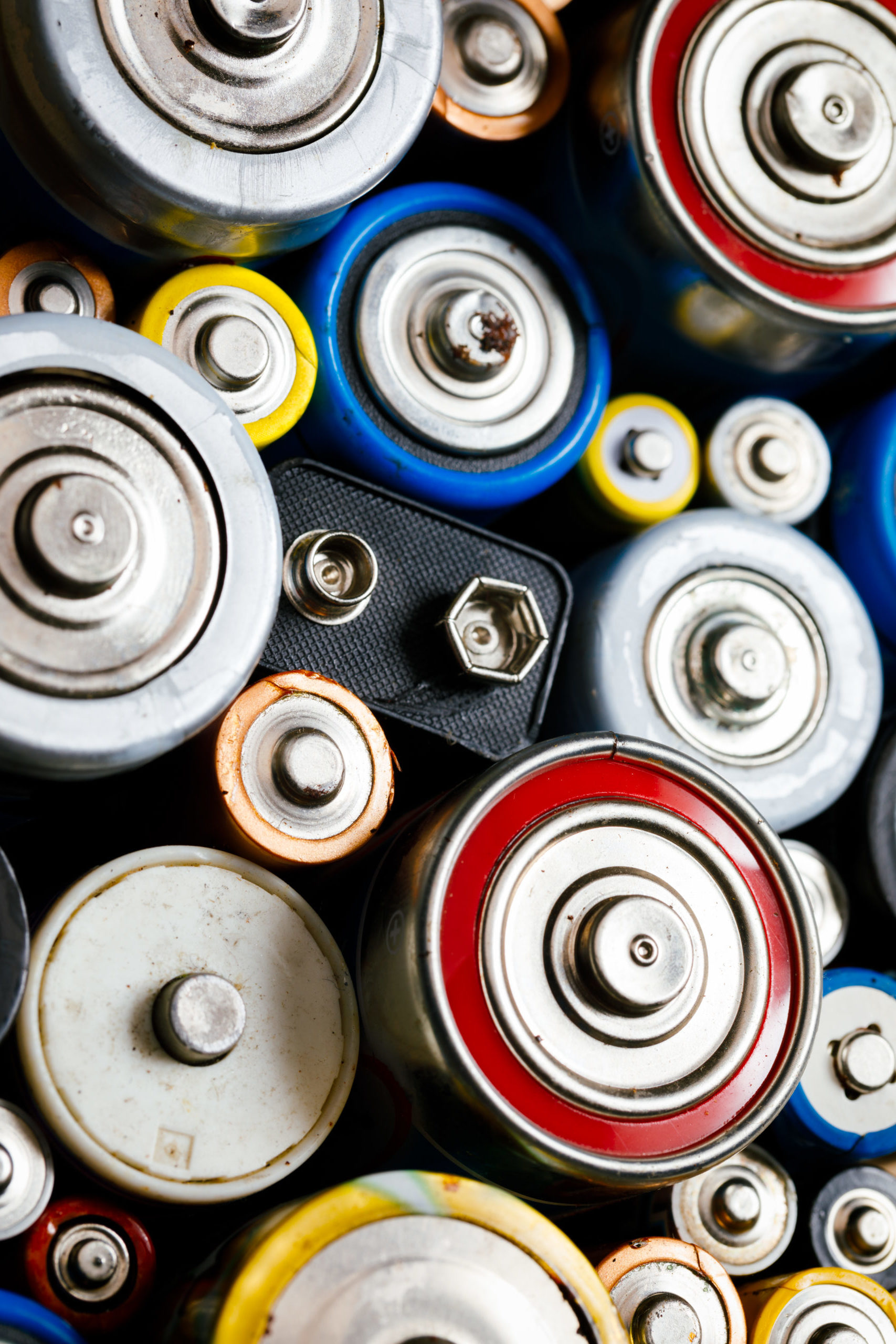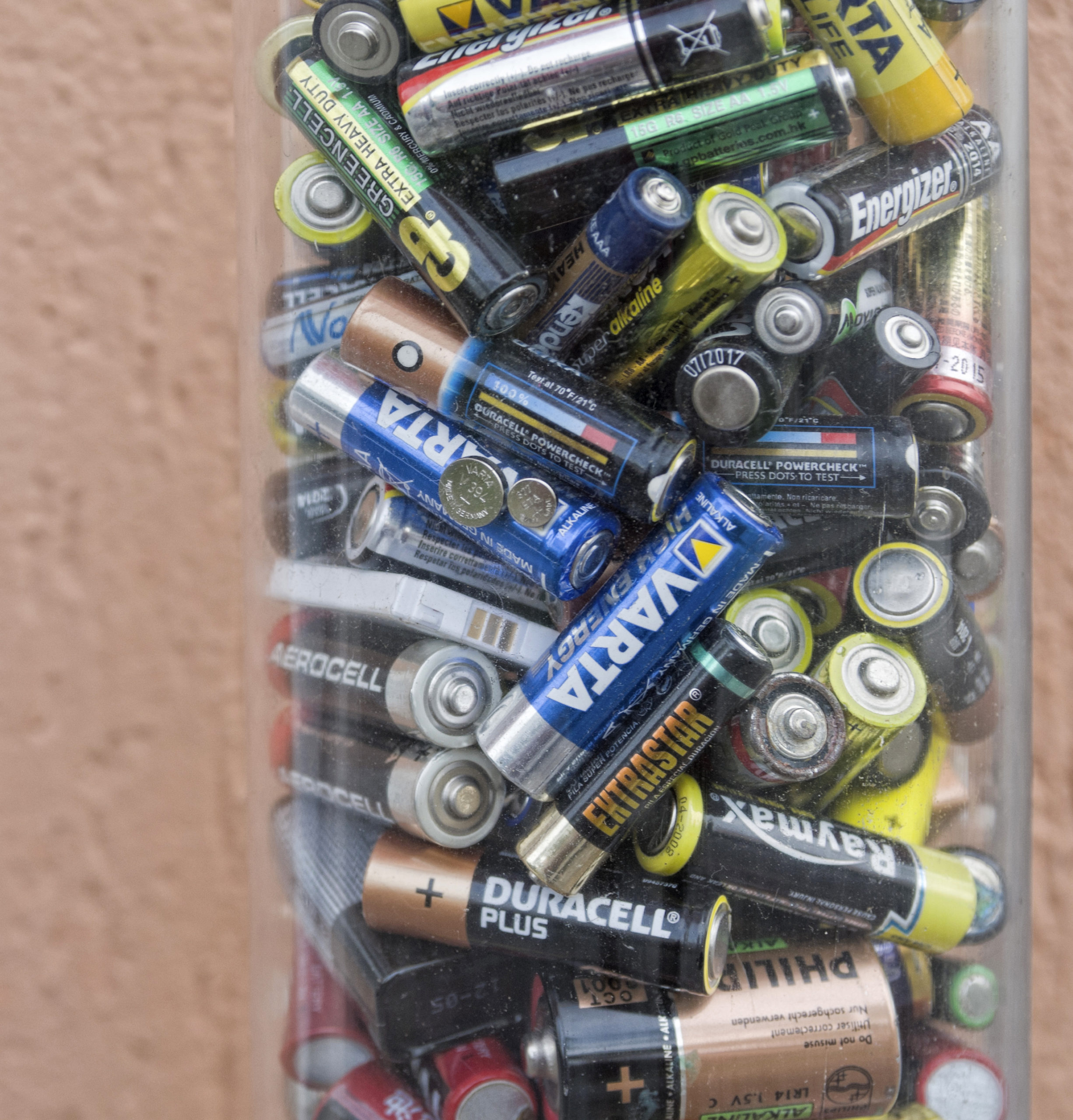
Batteries should always be safely recycled. Many of the materials used within a battery can be reused, and so recycling batteries is beneficial to the environment by minimising unnecessary waste. Unfortunately, too few portable batteries are being recycled and still often end up in landfill.
Supermarkets and shops that sell more than 32kg of batteries a year (approx 345 x four-packs of AA batteries) must provide collection facilities for customers to drop off used batteries. Some town halls, libraries or schools may also have battery collection points.
A growing number of local authorities also collect batteries as part of their kerbside collection schemes or have collection bins at their local household waste recycling centres.
Examples of equipment that use household batteries include:
- Watches
- Toys
- Portable cameras
- Torches
- Remote controls
- Weighing scales (bathroom and kitchen)
- Car keys
- Garage door keys
- Clocks
- Radios
- Speakers
If you wish to find out about recycling in your area, please click here. To find more about the benefits of recycling and to access information about battery recycling near you, visit Recycle Now.


The runtime of primary batteries has increased significantly (between 25% – 50%) due to the use of more advanced materials such as special graphite, zinc powder with engineered particle shape and manganese dioxide with improved particle structure.
Batteries have also become smaller and lighter over the years driven by the miniaturisation of devices trend whilst also being required to deliver more energy to effectively operate devices. Continuous innovation from the portable battery industry leads equipment manufacturers to design smaller devices meaning less packaging, less cost and less waste at the end of life.
Many of the materials used within a battery can be reused (electrolysis stainless steel), and so recycling batteries is beneficial for the environment by minimising unnecessary waste.
However, currently too few portable batteries are being recycled and still often end up in landfill. We encourage all consumers to recycle their batteries in a safe and responsible way.
For further information about battery recycling in your local area, please click here”